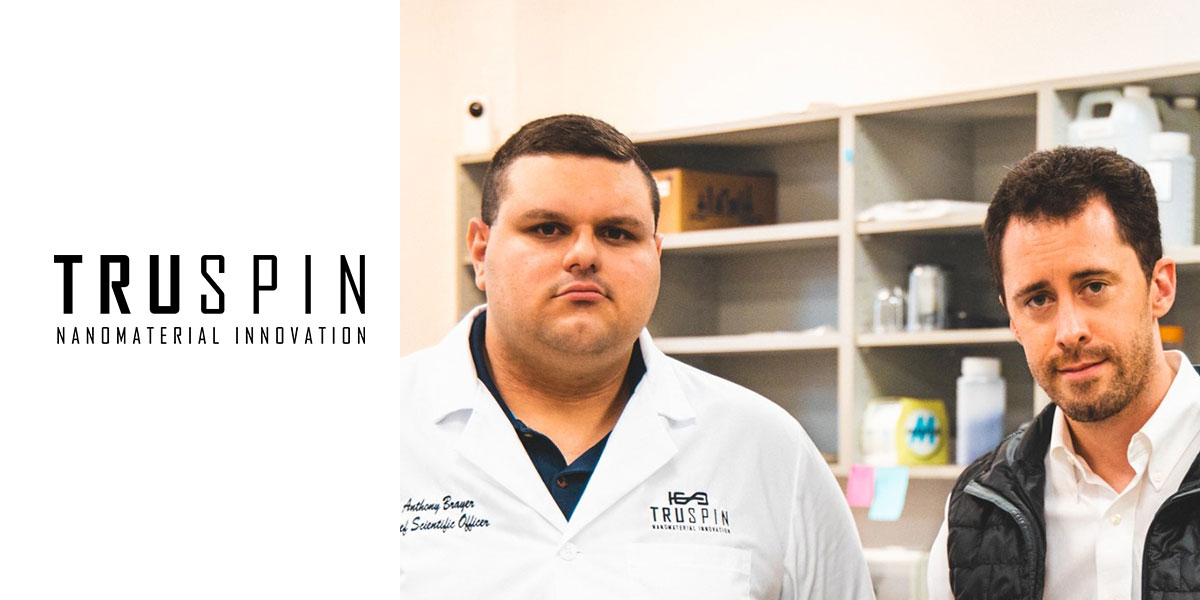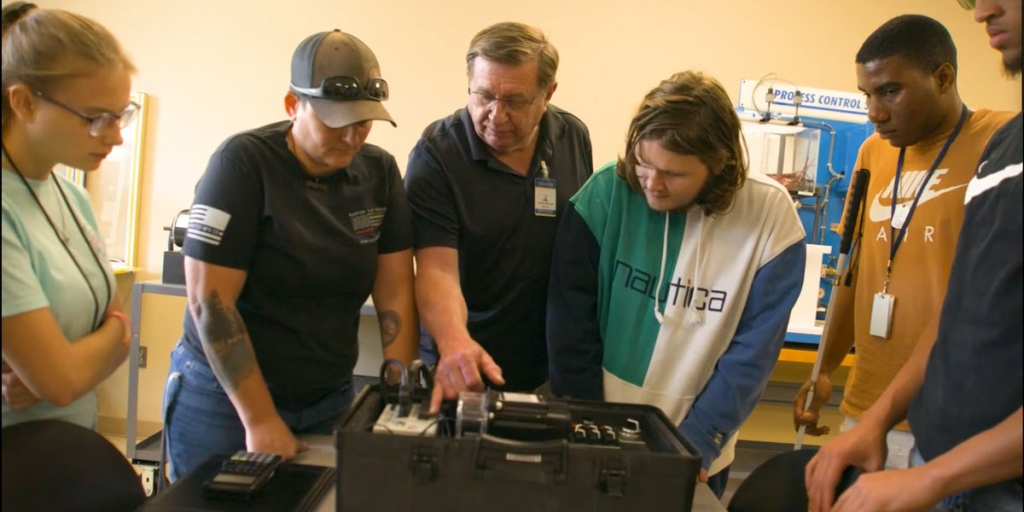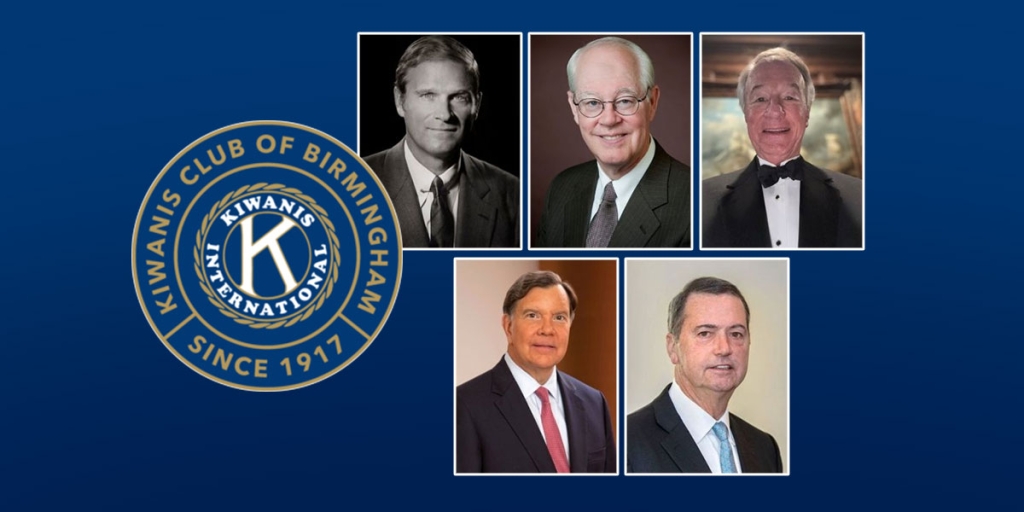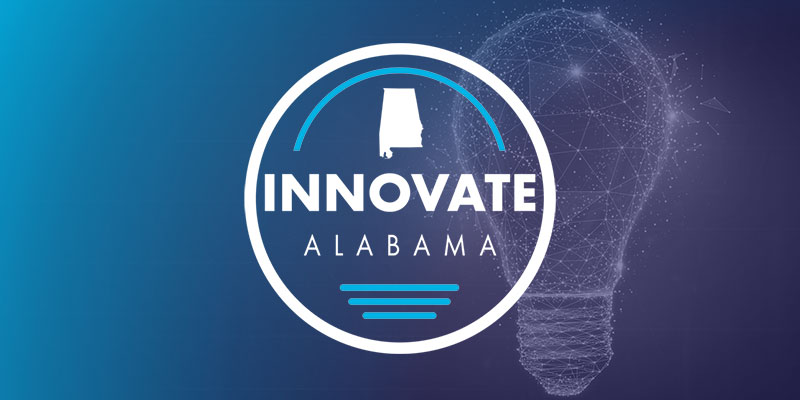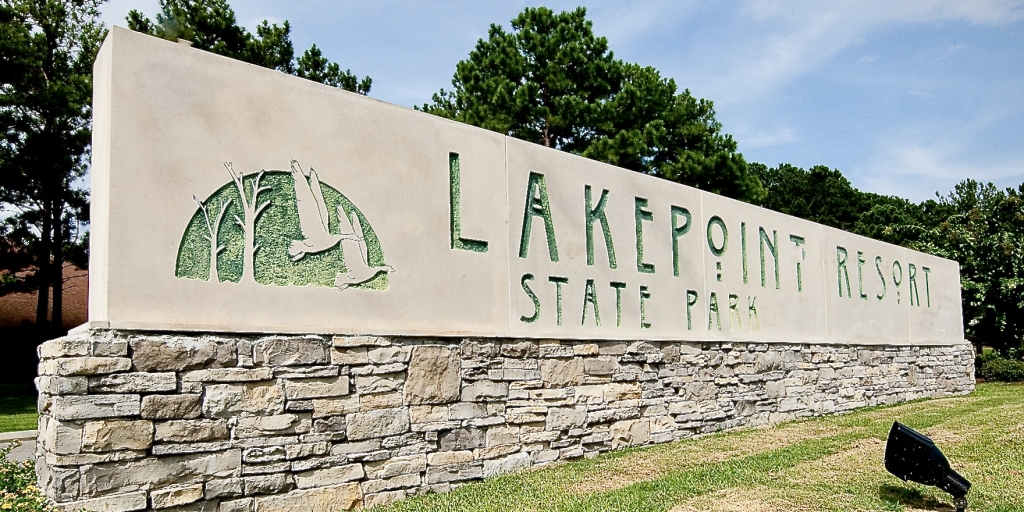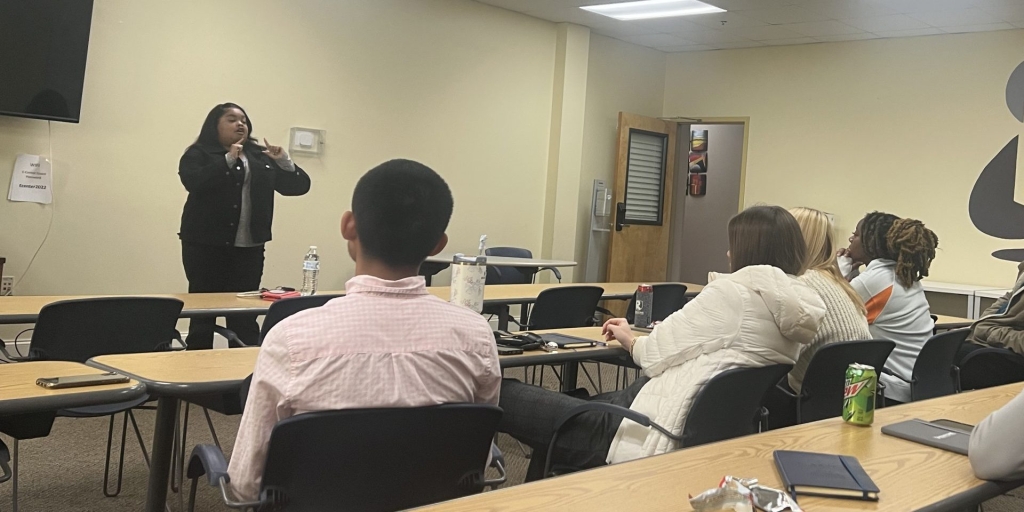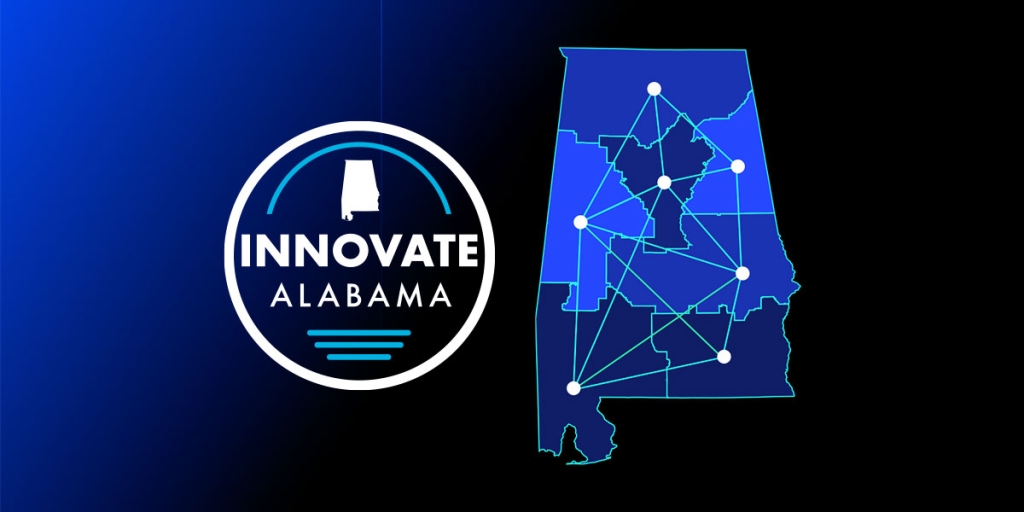TruSpin, a Birmingham-based producer of rare nanofibers, is the world’s first commercial operator of an alternating current (AC) electrospinning facility.
The process TruSpin employs allows the company to efficiently mass-produce unique nanofibers, which are used in daily life for a wide variety of common necessities.
According to Robert Agnew, co-founder and CEO of TruSpin, nanofibers are “so small that if a red blood cell was the size of a house, a nanofiber would be the size of a pencil.”
Scientists first learned how to produce nanofibers in small quantities in the 1950s. Known as a “miracle material,” Agnew said scientists then began to hypothesize, “If only we could make them in reasonable quantities.”
TruSpin, in true innovative spirit, turned the “if only” into “finally.”
TruSpin’s technology was invented by Dr. Andrei Stanishevsky and Dr. Anthony Brayer during Brayer’s doctoral studies. Dr. Stanishevsky is currently TruSpin’s technical advisor and remains in the Physics Department at UAB.
Co-founders Agnew and Brayer met at UAB’s Student Startup Accelerator. After completing the program, Agnew and Brayer started TruSpin and obtained a license for the technology from UAB’s tech transfer office. The company then became the beneficiary of outside investment, which ultimately culminated in TruSpin being named one of Innovate Alabama’s supplemental grant award recipients.
SEE: Innovate Alabama awards $4.5M-plus in small business grants to 30 companies
Due to nanofibers being so small, they have special properties that make them useful for solving complex problems. AC electrospinning outperforms pre-existing methods for making nanofibers in every category for comparison. TruSpin has about 20,000x the output of similarly-sized nanofiber production facilities.
Agnew described the importance of nanofibers and the role they play in everyday life, especially in developing countries.
“Scientists have been studying nanofibers for decades,” said Agnew. “They’ve identified all kinds of ways to use them to improve just about every industry. Let’s pick just one — water filtration. Two and a half billion people on Earth don’t even have access to clean drinking water. Imagine how difficult it is to deliver necessities to small villages located hundreds of miles down dirt roads — the availability of disposable items like water filters is tenuous at best.”
“The one thing all villages in the developing world have is fire — things like pottery kilns. With a ceramic nanofiber water filter, the supply chain isn’t an issue,” he said. “Once the filter is clogged, all the gunk and germs can be burned off, and the filter can go back into service. One of the things TruSpin’s scientific cofounder has studied is how many times such a filter can be reused, and it’s hundreds.”
Agnew told Yellowhammer News that TruSpin recently began producing hyaluronic acid nanofibers. Hyaluronic acid is one of the most effective skin care ingredients ever created. TruSpin’s hyaluronic acid nanofibers can be spun directly onto a facial mask, and their small size increases the skin’s absorption.
When asked why the company’s founders chose to set up shop in Alabama, Agnew said the state’s business climate made its selection an easy decision.
“Stars fell on Alabama, and they align here too — nowhere else has this much technical talent, this many startup resources, and such an attractive cost of living,” said Agnew. “You can do anything in the state of Alabama, and the colleges here can teach you how.
“TruSpin owes everything to a handful of incredibly supportive people. When we started TruSpin, it was obvious that we’d need to achieve a sequence of long shots just to become operational, let alone last three years. Fortunately, fate has smiled upon us and brought us to this day.”
Agnew then offered his advice to aspiring students who seek to enter the field of innovation.
“You’re probably asking yourself what you want to be when you grow up. That question has certainly been posed by your parents and teachers since you were a child,” said Agnew. “No matter how hard you think, self-reflection will never answer this question for you. Our passions follow the cultivation of our skills. Just start doing- occupy yourself with challenging activities that spark your curiosity, and don’t worry about whether it’s the perfect choice.
“Inevitably, you will find things that you love doing. This is when self-reflection should be deployed- how can you translate that passion into something that’s valuable to others, and how will you exchange that value for capital, thereby making a living?”
EDITOR’S NOTE: This article has been updated.
Dylan Smith is the editor of Yellowhammer News. You can follow him on Twitter @DylanSmithAL




